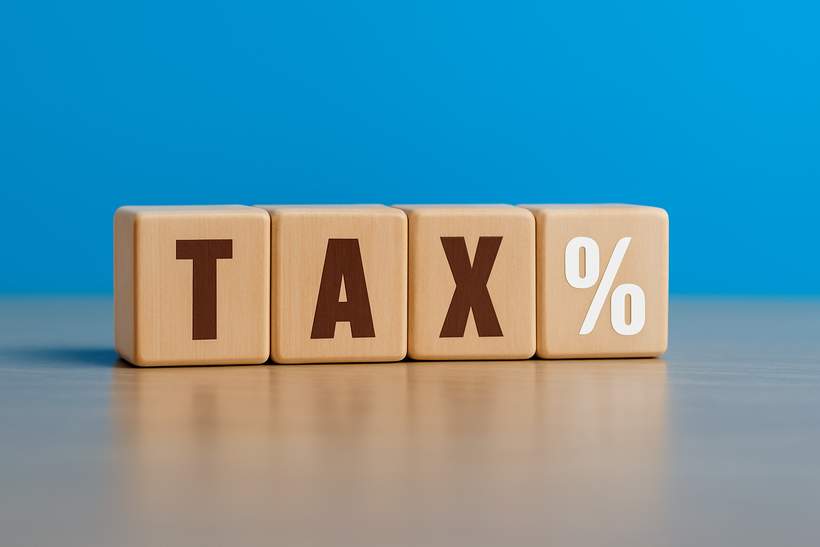UK Gambling Industry Faces Major Challenges Amid Sharp Tax Increases

UK Gambling Industry Faces Unexpected Tax Increases
UK gambling operators are quickly revisiting their business strategies following an unexpected announcement from Chancellor Rachel Reeves regarding a significant rise in gambling taxes. Most companies had anticipated a modest adjustment during the Autumn Budget, but the government unveiled a sharp increase in the online casino tax rate, pushing it from 21% to 40% starting next April. Furthermore, a scheduled tax hike in 2027 will raise the digital sports betting tax from 15% to 25%, intensifying the financial pressure on the industry.
Impact on Gambling Companies and Their Responses
The tax increases have mostly bypassed bingo and horse racing sectors, but publicly traded betting firms have experienced a drastic fall in their stock values. Evoke, which manages well-known brands such as William Hill and 888, faced the most significant drop, reaching lows not seen in a decade. The company now expects an added annual tax burden of between £125 million and £135 million, forcing a revision of their financial outlook and strategic plans.
In light of these developments, Evoke’s leadership has signaled unavoidable cost-cutting, including potential widespread layoffs. Similarly, Entain, the parent company of Ladbrokes and Coral, has offered a grim forecast, anticipating a loss of around £100 million in 2026 due to the tax changes, with losses expected to rise to £150 million after the sports betting tax increase takes effect.
Alongside Flutter and other operators, these companies have pledged to protect their earnings before interest, taxes, depreciation, and amortization (EBITDA) by cutting costs, streamlining operations, and tightening bonus schemes. Despite these efforts, concerns remain that the measures may not fully offset the financial strain. The UK government projects that the updated gambling duties will generate approximately £1.1 billion annually by 2029–2030, but there is acknowledgement that the new taxes could inflict long-term harm on the gambling sector.
Challenges From the Black Market and Market Dynamics
Industry analysts from Regulus Partners warn that the anticipated mitigation tactics might be insufficient. They argue that if operators had significant efficiency to gain, their businesses would already be operating leaner. For instance, slashing marketing budgets could result in losing market share to rivals who maintain or grow their promotional investments, given the highly competitive nature of the industry.
“The assumption that companies can simply raise prices to increase profits overlooks why such profits have not already been achieved.”
Regulus Partners analysis
Reducing bonuses and promotional offers poses another risk. Such incentives are key to retaining high-value customers, and decreasing them might drive these players toward offshore gambling sites. Analysts anticipate up to a 20% loss in market share to unlicensed operators. This shift not only damages regulated companies but also jeopardizes the tax revenue the government seeks to secure.
“Reducing bonuses will give the black market a significant advantage in attracting and retaining players — this is a reality based on simple calculations, not fearmongering.”
Regulus Partners analysis
According to Regulus, without a more balanced approach, the industry risks entering a downward spiral. They propose that taxing gross gaming yield instead of bonuses—which may disappear—could stabilize the taxable base even under a 40% tax rate. Additionally, stronger enforcement against black market operators is crucial to prevent a decline in legal operators, growth of offshore competitors, and a reduction in overall tax revenue.